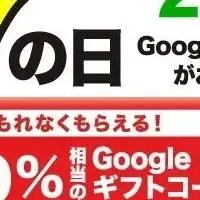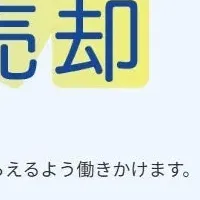
Angeion Group Unveils Class Action Settlement for Robitussin Consumers
Angeion Group Announces Settlement in Robitussin Class Action
In a significant development for consumers, the Angeion Group has revealed the proposed settlement in the class action lawsuit Calchi v. GlaxoSmithKline Consumer Healthcare Holdings (now known as Haleon US Holdings LLC). This case revolves around allegations that certain Robitussin products were misleadingly marketed as "Non-Drowsy," despite containing dextromethorphan (DXM), an ingredient known to induce drowsiness.
Background of the Case
The lawsuit was prompted by concerns from plaintiffs Nancy Galchi and Stacey Papalia, who claimed that the marketing practices of Haleon (previously GSK Consumer Health) were deceptive. Their argument hinged on the fact that the label's claims did not accurately represent the potential effects of the medication.
This particular lawsuit raises important questions about product labeling and marketing ethics in the pharmaceutical industry. Consumers who purchased Robitussin products between February 16, 2016, and January 21, 2025, may now find themselves eligible for compensation if they used products marketed as "Non-Drowsy" containing DXM.
Key Elements of the Settlement
Financial Relief
Haleon has committed $4.5 million to settle this class action. This fund is earmarked for:
1. Payments to eligible class members,
2. Administration costs up to $550,000,
3. Legal fees not exceeding $1.5 million, and
4. A $2,000 award for the class representatives.
Eligible consumers include those who purchased specific flavors of Robitussin labeled as "non-drowsy" for personal use, not for resale. This highlights the importance of consumer protection laws that enable individuals to challenge misleading marketing practices effectively.
Changes to Marketing Practices
In addition to monetary compensation, the settlement mandates significant changes to how Haleon markets these products. The company has agreed to:
- - Stop marketing certain Robitussin products with "Non-Drowsy" labels,
- - Exclude this claim from future advertisements and product descriptors.
This aspect of the settlement not only protects consumers but also emphasizes the responsibility of companies to ensure that their marketing accurately reflects product capabilities.
How to Claim Your Payment
If you've purchased Robitussin products during the specified period and are looking to file a claim, you'll need to complete a Claim Form. This form can be accessed at www.NonDrowsyRobitussinSettlement.com. It is essential to submit your form by May 12, 2025, to secure eligibility.
Failure to submit a valid claim will mean consumers are still bound by the settlement terms but will not receive any payout. Those wishing to opt out of the settlement for any reason must do so by the same deadline.
Rights and Legal Proceedings
With class membership comes certain rights. If individuals choose not to participate in the settlement, they must exclude themselves by May 12, 2025, to retain the right to file a separate lawsuit. Furthermore, should class members wish to voice their opinions regarding the settlement, they can do so at a scheduled Fairness Hearing on June 30, 2025.
The hearing will examine whether the proposed settlement is fair and adequate, and participants can express objections or support for the settlement at this juncture.
Conclusion
This class action settlement not only provides a potential payout for consumers who felt misled by Robitussin's marketing of the "Non-Drowsy" claim, but it also calls into question the practices within the pharmaceutical industry. As this case unfolds, it will likely serve as a cautionary tale for companies regarding transparency and ethical marketing. For further updates or details on the class action, individuals can stay informed by visiting the settlement website.
Topics Consumer Products & Retail)










【About Using Articles】
You can freely use the title and article content by linking to the page where the article is posted.
※ Images cannot be used.
【About Links】
Links are free to use.